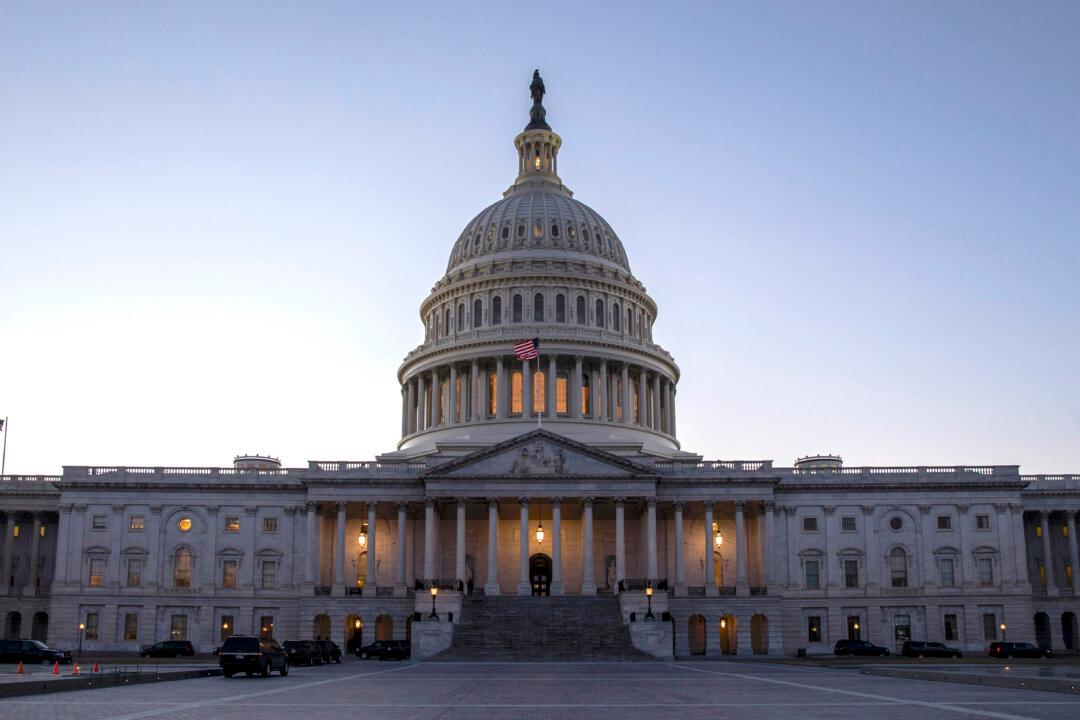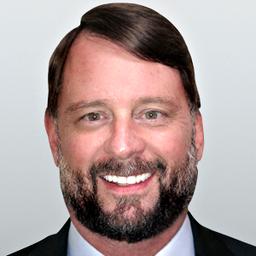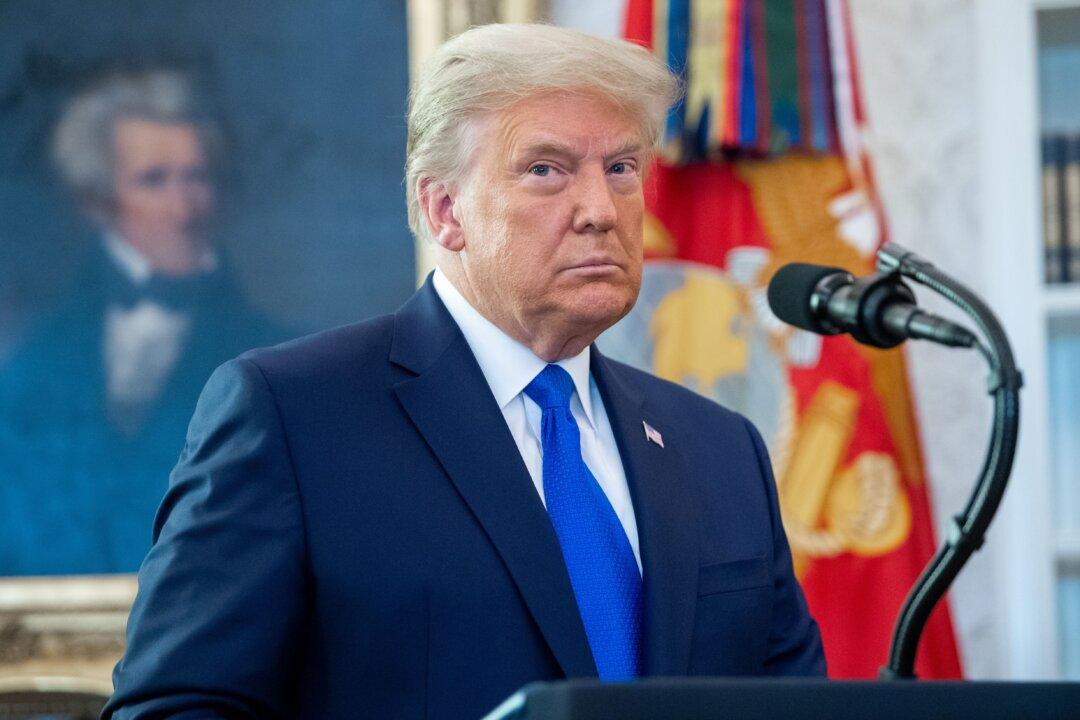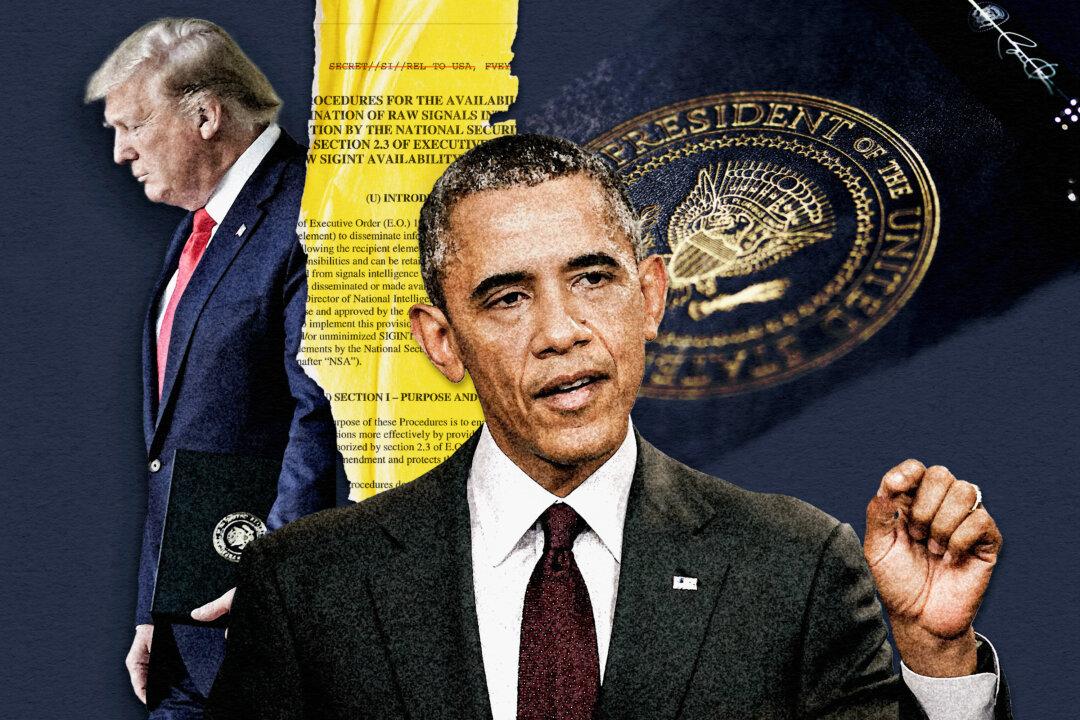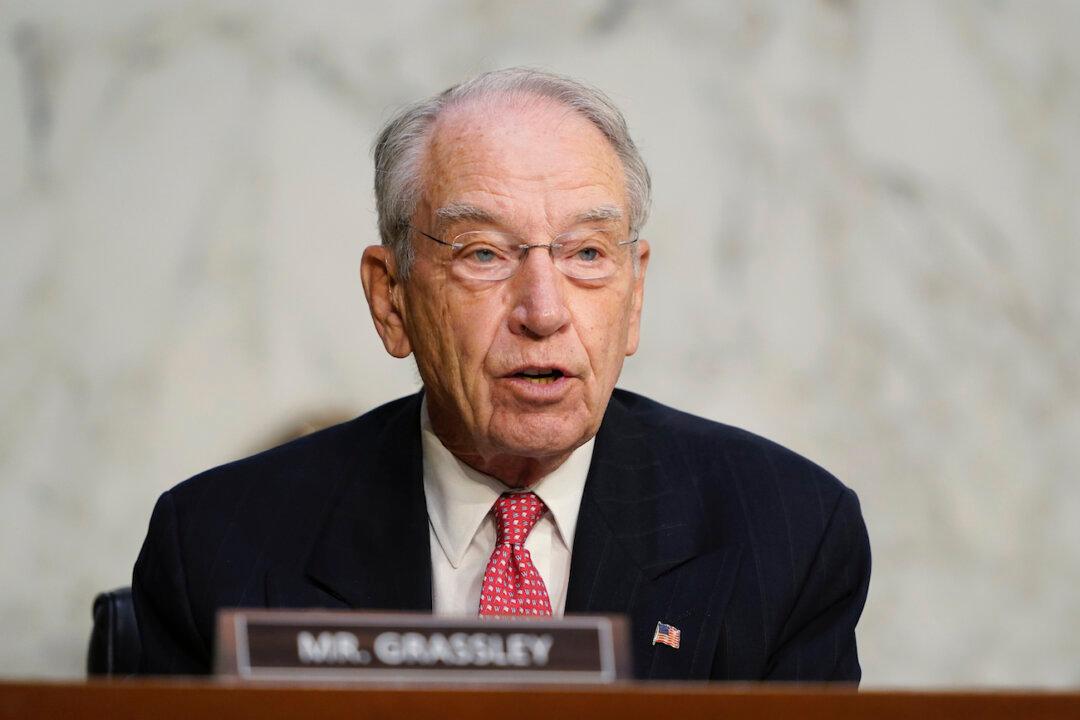A key player in the FBI’s counterintelligence investigation of Donald Trump and his 2016 presidential campaign was Trisha Anderson, who, at the time, was the No. 2 lawyer at the agency’s Office of General Counsel.
Despite having no specific experience in counterintelligence before coming to the FBI, Anderson was, in some manner, involved in virtually all of the significant events of the investigation.
